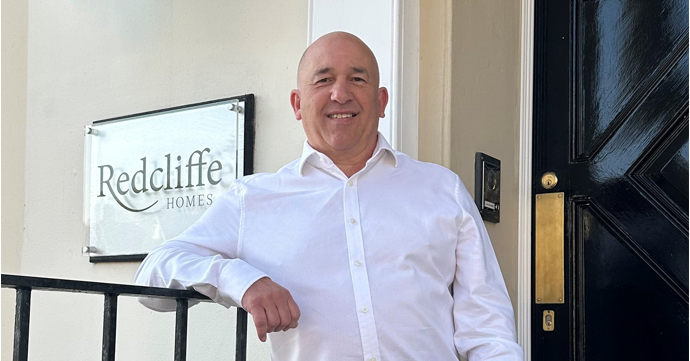Getting team performance just right can make an enormous difference to a company’s success – or failure.
SoGlos spoke to Cheltenham-based Brave Human Capital Group about the best ways of tackling issues to lift team spirit and bring businesses the boost they’re looking for.
About the expert – James Fleming, managing director of Brave Human Capital Group

James Fleming is the founder and managing director of Cheltenham-headquartered Brave Human Capital Group – a human resources company serving the county and beyond.
Brave builds bespoke HR and resourcing solutions for businesses, focusing on a company’s strengths, people and vision. It believes passionately that people are at the heart of a business and makes it a priority to help them perform to their full potential to make the business a success.
What are the key factors to consider when it comes to team performance?
There are so many factors to consider and they will be highly dependent on the strengths of the individuals, their working preferences and levels of experience.
Therefore, a leader’s ability to flex their style depending on the person is so important – especially now we have such a broad, diverse workforce. These days that diversity is not just in terms of ethnicity but it’s also the first time we’ve had four generations from Baby Boomers to Gen Z in the workplace.
In terms of general themes, if teams have clarity on what is expected of them, clear objectives that link to the broader vision and mission of the business, then you’re off to a good start.
What are the benefits of great team performance?
Put simply, better business performance, higher revenues, less wastage and higher levels of employee engagement.
What impact can poor performance have on the wider organisation?
Well, there’s the obvious one in terms of loss in revenue but in addition to this there are so many others.
The problem is that poor performance can be contagious. Other team members will spot a poor performer and watch to see how this person is managed.
If a leader leaves it unaddressed, it sends a message to everyone else that poor performance is tolerated and they could follow suit, especially if they’re not particularly conscientious.
It can also have an impact on levels of employee engagement and their perceptions of the team’s commitment to quality. Nobody wants to be in a poorly performing team, so it’s likely to result in a loss of your most talented team members too.
What makes someone a great performer?
High performing people have the following traits – they are conscientious, curious, flexible and able to adjust to the environment, as well as being competitive, but not overly so.
If an individual can display these elements, then you can be pretty certain they’ll be able to perform well.
What are some of the mistakes companies make when it comes to managing performance?
There is one universal mistake and that is not addressing issues quickly or decisively.
The sooner you can set direction, address issues and put plans in place to improve performance the better. The longer you leave it, the tougher it gets for everyone.
What are some easy ways companies can boost performance at little cost?
I like to keep things simple. The first trick is to recruit great people and assess them against high-performance indicators.
We use six when we assess people. We look at how conscientious they are, whether they are competitive, if they can work with ambiguity, what their tolerance for risk is and how they calculate it. We weigh up how curious they are and how they adjust to circumstances and the unexpected too.
The other simple way is to have good performance management processes and to ensure everyone has clear, documented objectives that are discussed and they are measured against.
Have you seen any dramatic changes in performance within companies you work with – and, if so, could you share what happened?
I used to work for an automotive organisation. It was ticking along but nothing spectacular was happening.
We recruited a new managing director and the place transformed overnight. He brought vision, passion, an interest in people and a genuine commitment to quality. The result was an increase in market share of 33 per cent!
On an individual level, earlier in my career I had to address the performance of a team member.
They had great potential and were in their probationary period. I addressed the matter early, gave them feedback about their performance and guided them on where to develop.
My feedback was direct and blunt but came from the right place. Ten years on, the individual is now head of department.
The ability to give great feedback is a real weapon in creating high performing teams.




















